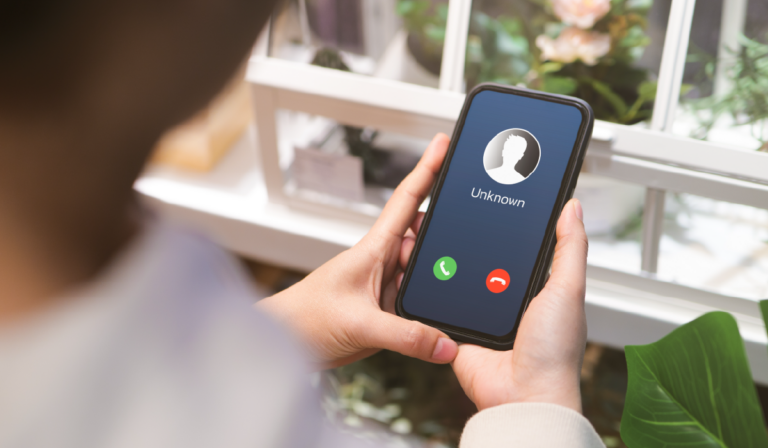CX Assurance Blog
Insights, ideas, & inspiration on testing & improving your customer experience.

Category
Tag
Selection filters
April 18, 2024
Discover why regression testing is essential to mitigating potential issues during a CCaaS migration and providing quality CX post-migration.
April 16, 2024
Explore KPIs for improving contact center QA and performance. Learn about Average Speed of Answering and First Call Resolution.
April 11, 2024
Learn how companies are improving their CX by implementing chatbots, and how you can use automated testing to develop a functional chatbot.
April 9, 2024
Discover the ins and outs of packet loss - from its causes to its impact. Uncover why addressing it is crucial for seamless communication.
April 4, 2024
Ensure your calls always have accurate CLI presentation. Learn how Number Trust can boost pick-up rates and protect your brand reputation.
April 2, 2024
Discover the impact of poor audio quality in your contact center, including reduced customer & agent experiences & longer resolution times.
March 28, 2024
Ensure that your contact center is prepared to handle international inbound and outbound calls. Overcome challenges through proactive CX testing.
March 26, 2024
Discover effective solutions to dead air & one-way audio with Cyara's Voice Assure offering an end-to-end perspective of your global carriers.
March 22, 2024
Ensure global communication with in-country number testing. Proactively monitor & optimize your call quality & reliability for seamless CX.
March 21, 2024
Explore the fascinating world of bot misuse: from harmless to harmful. Discover the importance of guardrails and vigilant monitoring.
March 19, 2024
Delve into the importance of number testing to precisely replicate your customer journeys and identify issues for prompt resolution.
March 15, 2024
Dive into the highlights of Cyara Xchange 2024, where industry leaders exchanged insights and forged connections.











